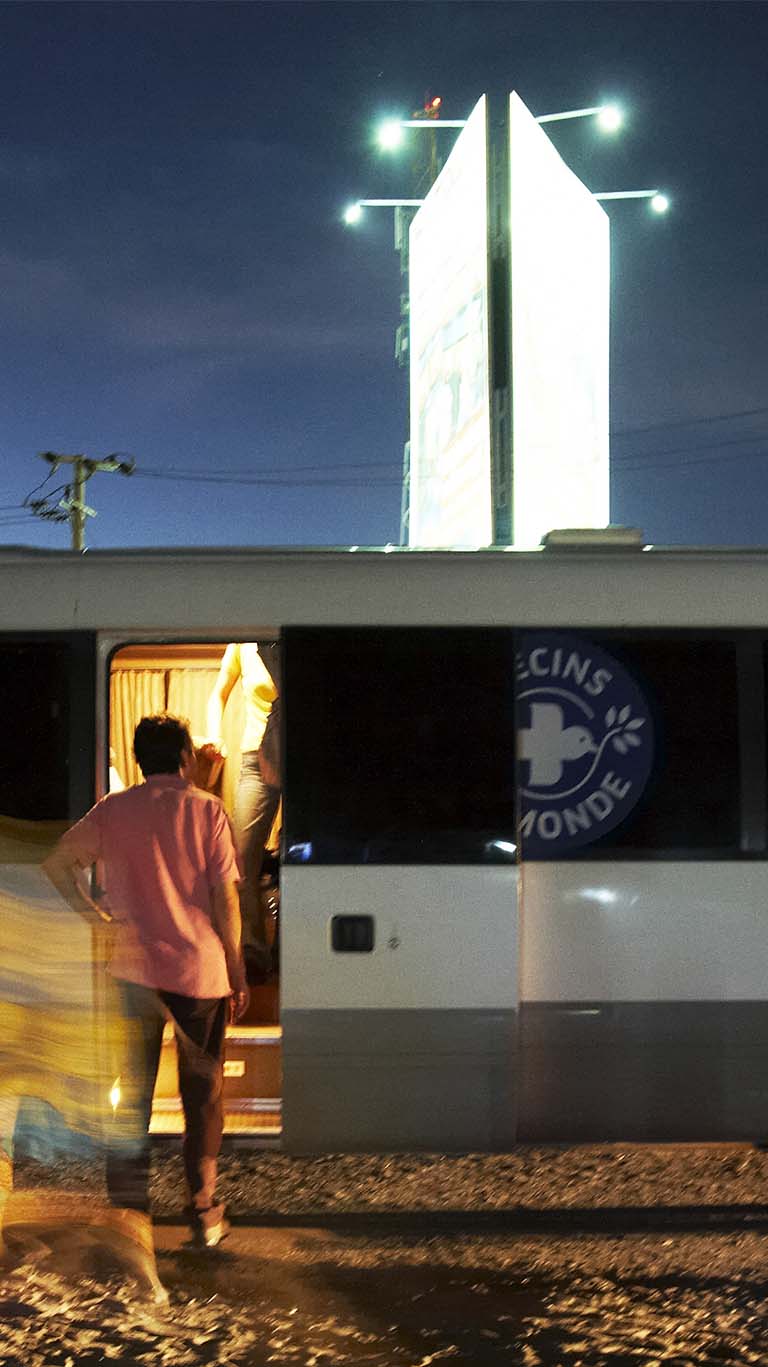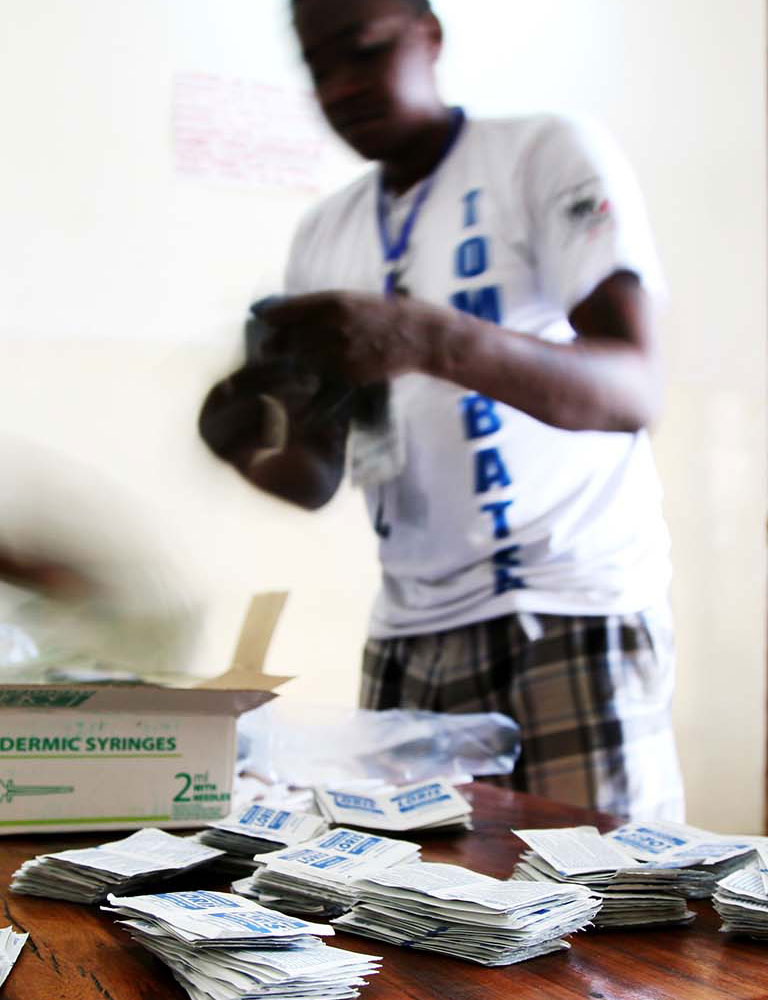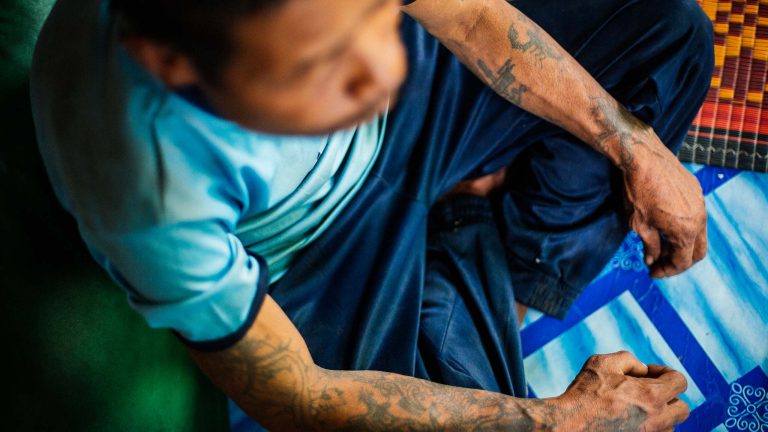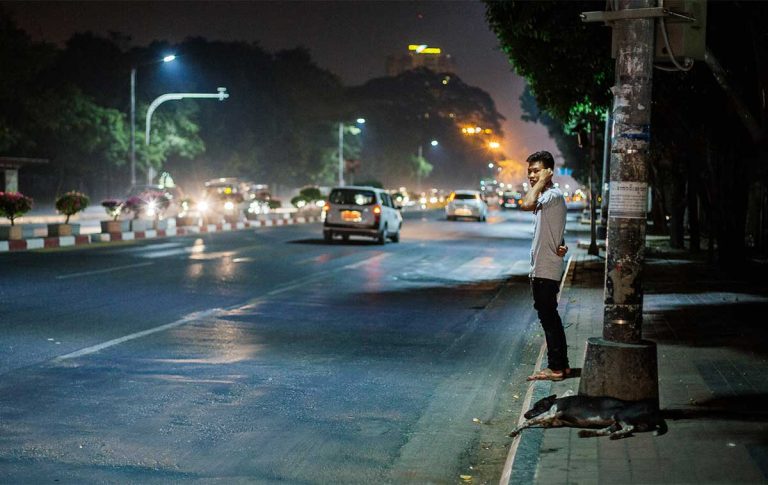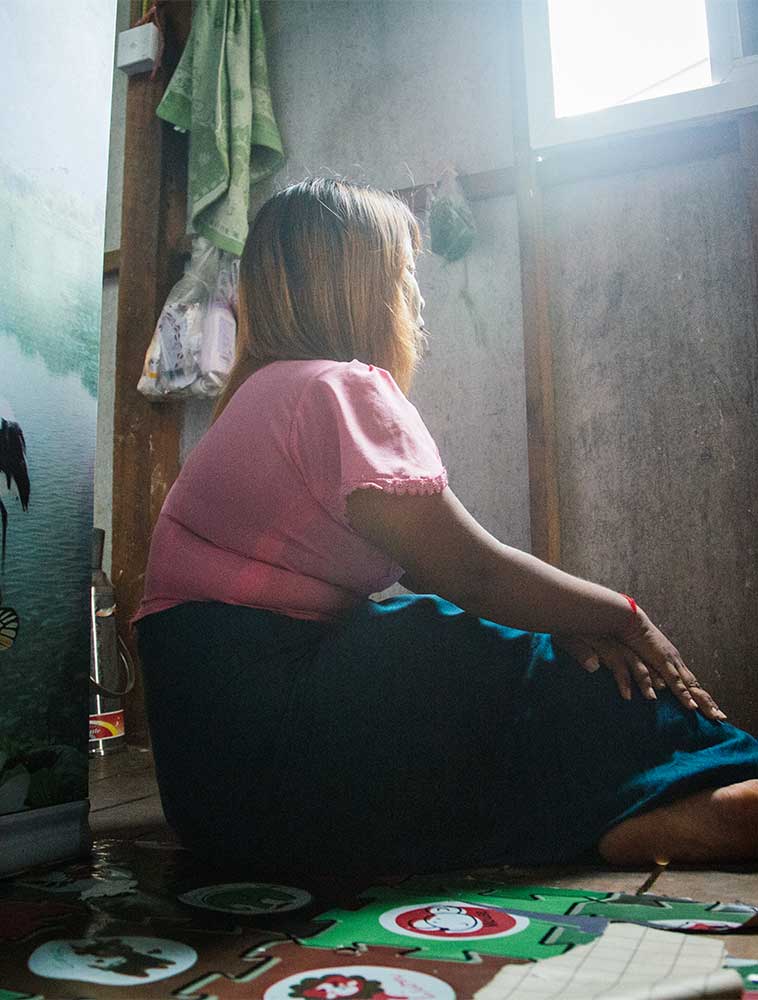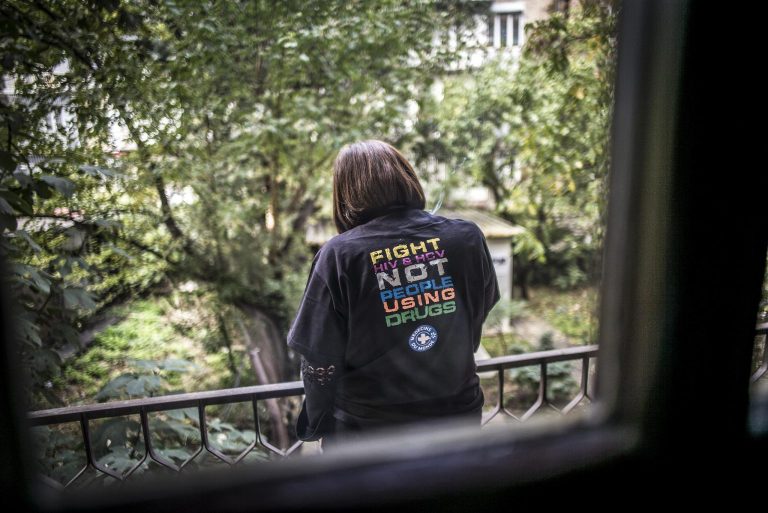Médecins du Monde-France chooses to use the terms “sex work” and “sex worker” to designate the activity and the people who carry it out, regardless of the conditions in which they are carried out. This terminology refers to people whose work, either chosen or forced, is defined through economic-sexual exchanges where the economic transaction may be explicit (sexual services provided in exchange for money) or implicit (sexual services provided in exchange for protection, accommodation, psychoactive products, assistance with migration, etc.).
Sex work covers an extremely wide range of situations. While some people are willing and able to work in the profession, others are exploited or even forced. In accordance with its values, Médecins du Monde strongly denounces all forms of coercion and violence against human beings. We believe that, as with any marginalised and repressed population, it is a priority to enable sex workers, whether they are minors or adults, to exercise their fundamental rights, as provided for in international texts relating to health, rights and the protection of persons.
Médecins du Monde is committed to ensuring that sex workers have access to health services that take into account their multiple health needs. We denounce laws and policies that exacerbate violence and health problems, including the criminalisation of sex work and migration policies that condemn people to working clandestinely.
Refer to Médecins du Monde’s position paper on the health and rights of sex workers.
Some key figures on sex work:
– Decriminalising sex work could reduce new HIV infections among sex workers by 46% over 10 years (WHO).
– Eliminating sexual violence against sex workers could reduce new HIV infections by 20% (WHO).
– The criminalisation of consensual sex work offers impunity to abusers of sex workers, who are often too afraid of being punished for reporting an offence to the police, and which in turn affects their safety (Amnesty International).
